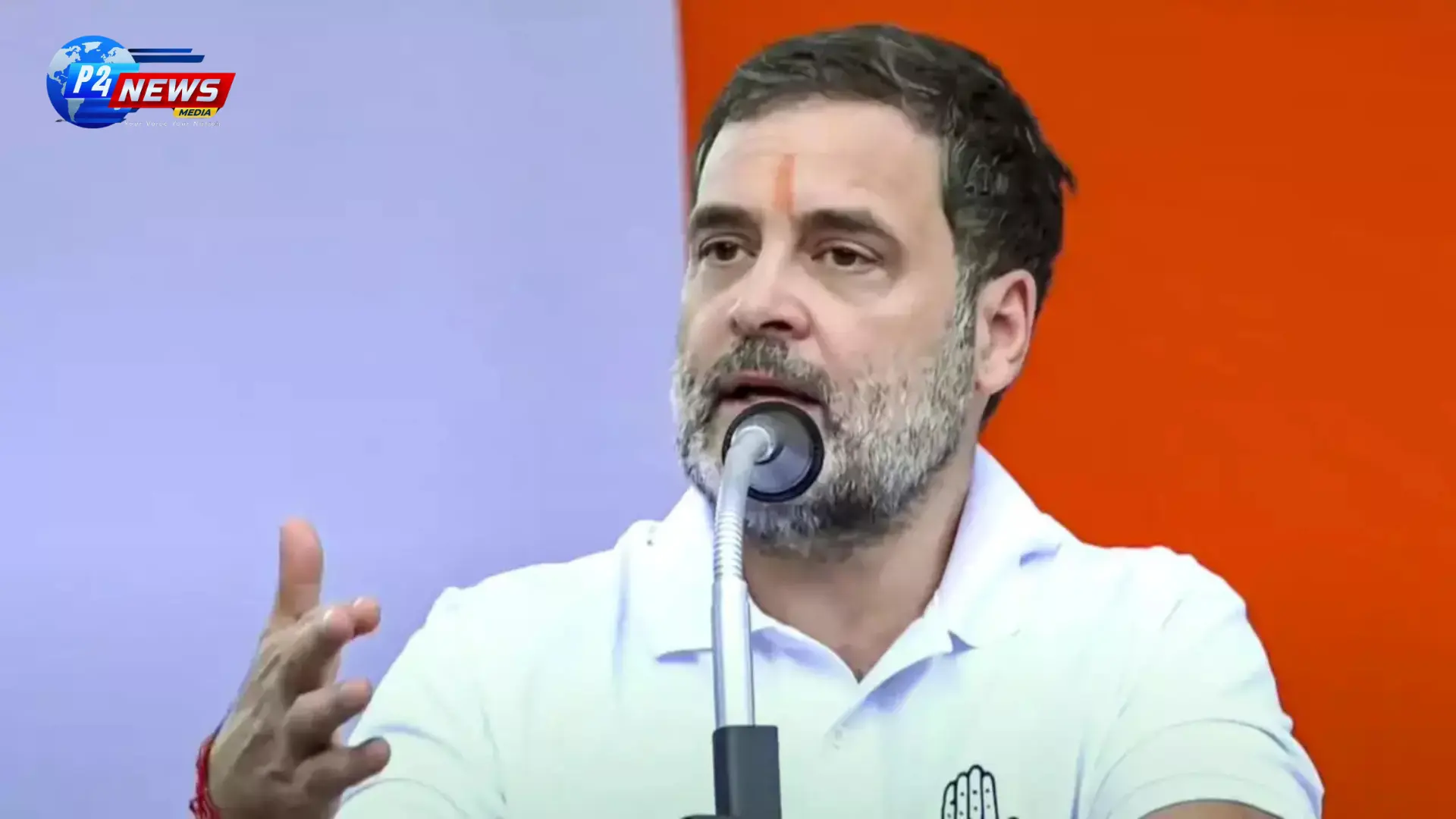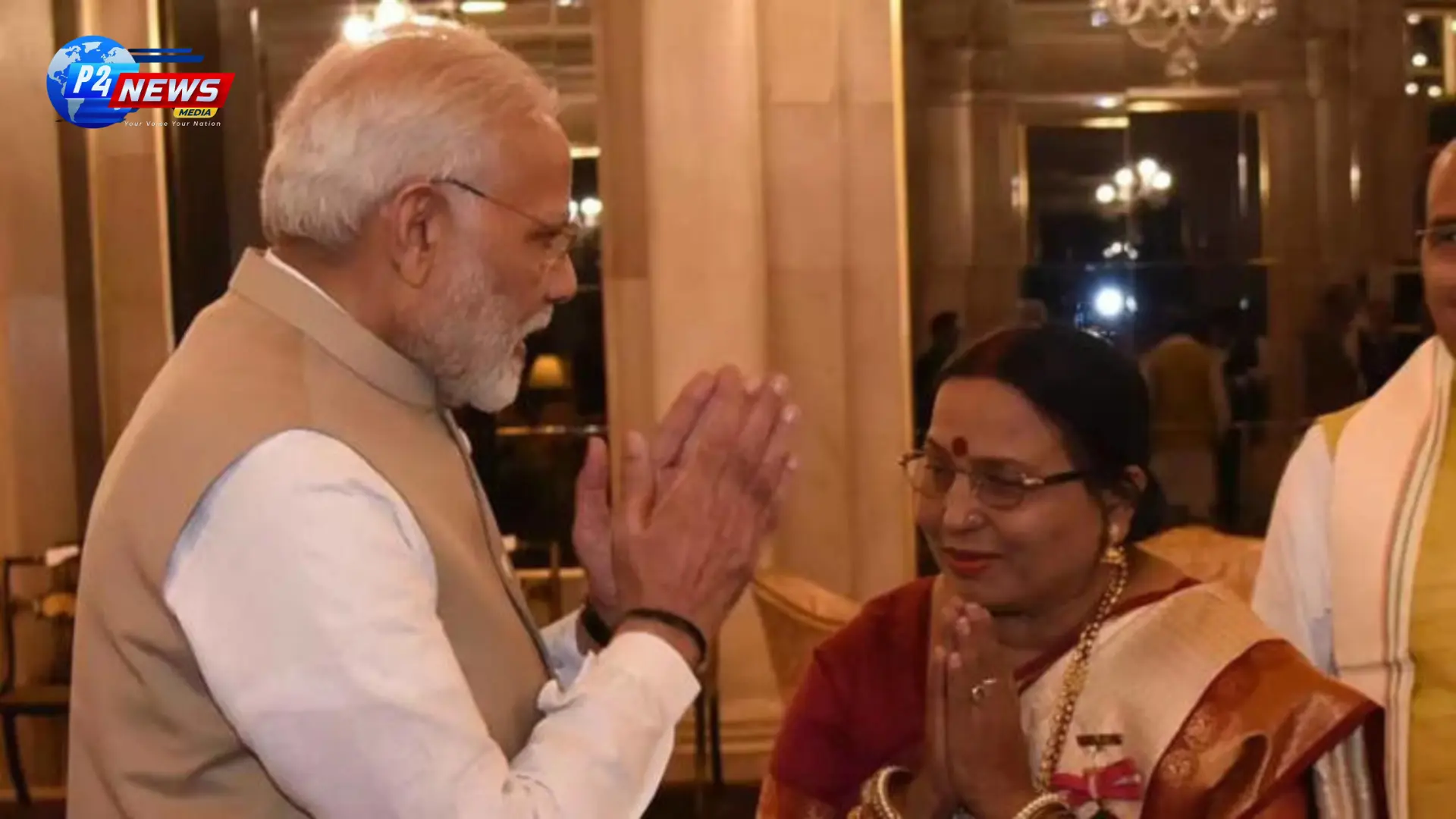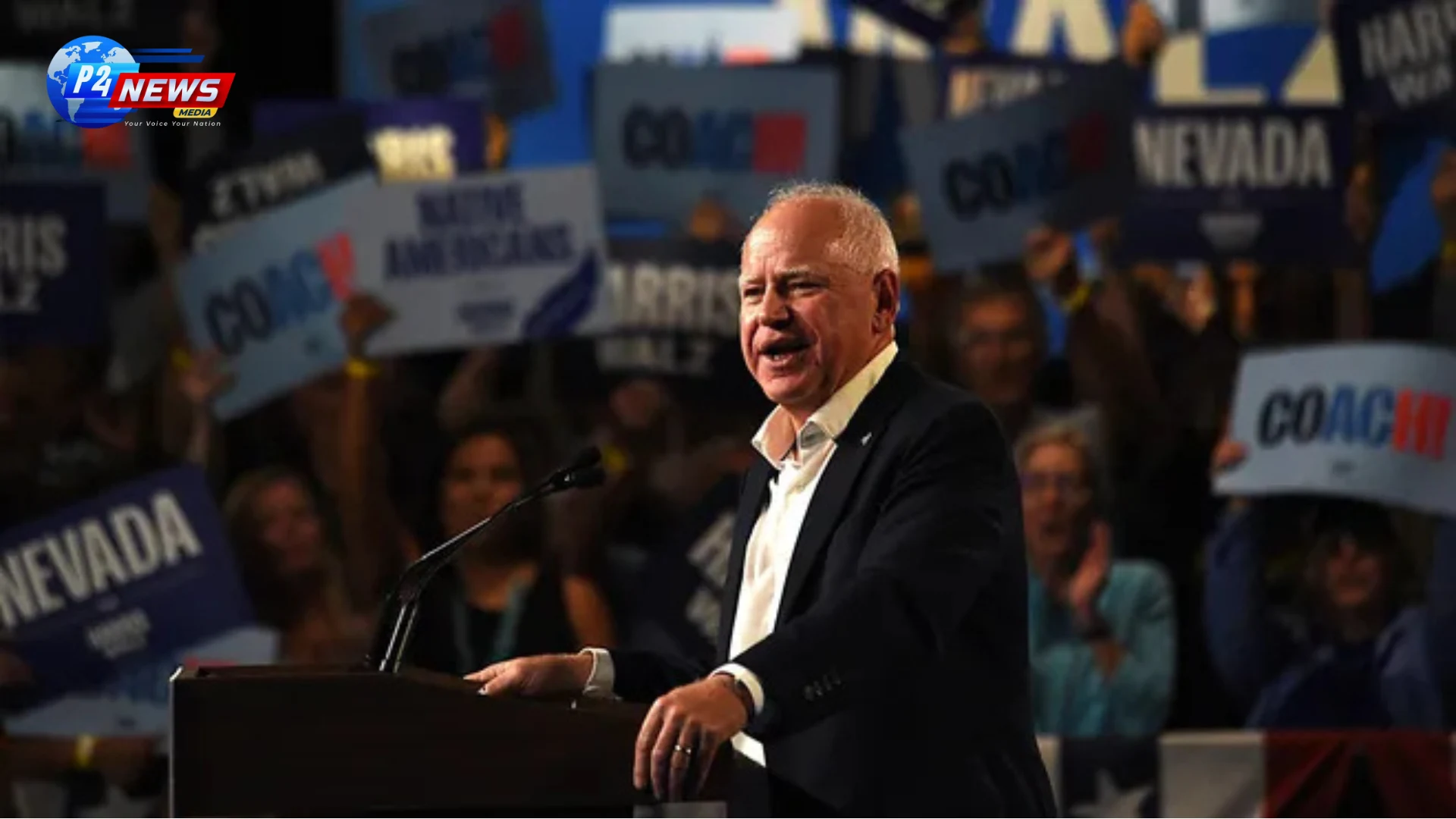In a significant address in Hyderabad, Rahul Gandhi emphasized the Congress party's commitment to eliminating the 50% cap on reservations, highlighting caste discrimination as a unique issue in India. His statements come as Telangana prepares for a caste census, aimed at acquiring a comprehensive socioeconomic profile of various castes in the state. This initiative, which will commence on November 6, is expected to involve around 48,000 teachers and 85,000 enumerators conducting door-to-door surveys across the region.
Introduction to Caste Census in Telangana
In a pivotal moment for Indian politics, Rahul Gandhi, senior leader of the Congress party, has made bold claims regarding the caste reservation system in India. During his recent visit to Hyderabad, he stated that the Congress would work towards dismantling the "artificial barrier" imposed by the 50% cap on caste-based reservations. This statement coincides with the announcement of a caste census in Telangana, the second state governed by the Congress party to take such an initiative after Karnataka. The caste census is set to begin on November 6 and will last until the end of November.
The Objectives of the Caste Census
The primary goal of this caste survey is to gather comprehensive socioeconomic data about various castes in the state. Mr. Gandhi emphasized that this would help identify the impoverished segments of the population and better inform reservation policies. By mapping economic profiles alongside caste identities, the Congress believes they can challenge the existing reservation framework and advocate for a more equitable distribution of opportunities and resources.
Historical Context of Caste Reservations
Reservations based on caste have been a contentious issue in India for decades. The current system, which was last reviewed under a 1993 law, primarily focused on collecting data regarding educational and employment quotas. Mr. Gandhi pointed out that the data from the previous endeavors was insufficient. In contrast, the upcoming Telangana caste census aims to provide a much deeper insight into the social, educational, and economic conditions of all castes.
Implementation of the Caste Census
The Telangana government has mobilized significant resources to ensure the effective execution of the caste census. Approximately 48,000 teachers are set to participate in the survey, which will see primary schools operate on a half-day schedule throughout November. The enumerators will conduct door-to-door surveys, collecting vital information encompassing social status, levels of education, employment rates, economic standing, and political representation. There are plans for government staff to distribute stickers on households to facilitate the process.
Potential Impact on Reservation Policies
By obtaining detailed data from the caste census, the Congress party aims to present a robust case for revisiting the existing reservation policy, including the controversial 50% limit on reservations. In earlier posts, Mr. Gandhi had described this effort as an "X-Ray" of the nation, intending to ensure that every individual receives their rightful share of rights and resources based on accurate data. This ambitious project might reshape the political landscape in India and influence how caste-based reservations are approached in the future.
Conclusion
The caste census in Telangana represents a critical step towards a more inclusive and fair reservation system, as advocated by Rahul Gandhi and the Congress party. The outcomes of this initiative will be closely monitored, as it could have far-reaching implications for not only the state's socio-political dynamics but also for the entire nation.
















Comments 0